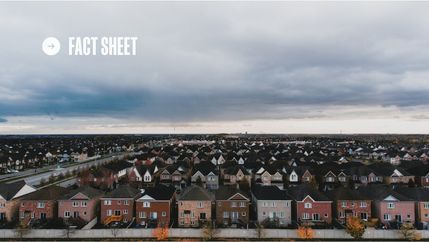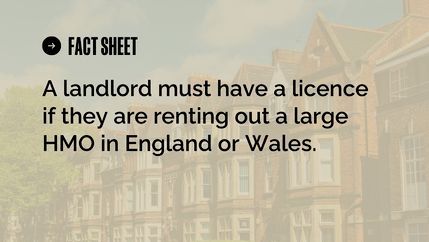
The plans include a borough-wide Additional HMO Licensing Scheme (applying to all HMOs that do not require a mandatory HMO licence) and a Selective Licensing Scheme (covering all privately rented homes, excluding HMOs) in 17 of Hackney’s 21 wards.
We have called on the Council to move away from its borough-wide approach and instead:
- Align licensing with the national PRS database under the Renters’ Rights Bill
- Target schemes to high-need wards
- Keep fees proportionate
- Invest in engagement and enforcement against rogue operators
Read full details of the consultation in Hackney →
Propertymark’s position on licensing
Since landlord licensing was first introduced in 2006, we have regularly responded to consultations objecting to the introduction of new schemes because we strongly disagree that licensing is the best method to improve housing stock within the PRS. Instead, we advocate a regulatory framework that focuses on education, proportionate enforcement, and effective targeting of problem areas.
We have lobbied for councils to adopt a collaborative approach, building better relationships with letting agents, landlords, professional bodies and public services to tackle housing issues.
By providing access to information, education, and support, local authorities could more effectively gain buy-in from stakeholders and raise standards over the long term. Furthermore, recognising and rewarding landlords and letting agents who adhere to good practice will enable local authorities to target their resources on effective intelligence-led enforcement.
Landlord Licensing
We do not believe that selective licensing schemes are an effective way of promoting higher quality accommodation. Find out why we believe this and why a collaborative approach is needed.
Risks of duplication with the Renters’ Rights Bill
Hackney’s proposals come as the Renters’ Rights Bill moves forward, introducing a national PRS database of landlords and properties. While the Bill does not replace licensing, Matthew Pennycook MP, Minister for Housing and Planning, has confirmed that selective licensing should complement and align with the new database.
We believe Hackney’s broad-brush approach, which is similar to schemes in place across many local authorities, risks duplicating this national system. More targeted schemes would be better value for money and more effective in tackling serious hazards and anti-social behaviour. Data in Hackney’s consultation shows that serious hazards, complaints, and anti-social behaviour are concentrated in certain wards.
Concerns over the impact of costs
Hackney proposes a £925 fee per property – significantly higher than its previous £500 pilot scheme, and well above neighbouring boroughs such as Brent, Lewisham, and Haringey.
High fees will inevitably be passed on to tenants through rent increases. Additionally, the burden of licensing fees, at a time when landlords are impacted by ongoing mortgage costs and the cost-of-living crisis, will affect the ability to improve standards. Our research also shows that rising costs, including licensing, can push smaller landlords out of the PRS. Fewer available properties will inevitably mean tenants face reduced choice and higher rents.
Propertymark has advised Hackney Council to lower fees in line with comparable boroughs, offer discounts for landlords using Propertymark-member agents (as has been done successfully in Liverpool and Merton), and extend discounts to properties managed to high energy efficiency standards.
Collaboration is a more effective tool
A Freedom of Information Request raised by Propertymark discovered that half of the local authorities in England had not held a single landlord forum since 2021. We are pleased that Hackney does now hold forums and is making welcome efforts to work with landlords and agents – we encourage further investment in this approach.
We are ready to work with Hackney and all local authorities to promote the use of qualified, regulated letting agents, share best practice through landlord forums, and target resources where the need is greatest.
Support for members
Our licensing fact sheets and FAQs break down the legislation, highlighting who it applies to and most importantly, what agents need to do. For professionals managing HMO's, we offer a comprehensive training course which helps agents navigate the legal landscape (including licensing requirements), stay compliant, and ensure safe, high-quality living spaces.
We have also created a Word template for agents to submit to their local authority when a discretionary licensing scheme is being proposed in their area. The letter explains why licensing schemes are not an effective way of promoting higher quality accommodation and sets out our alternative; adopt a collaborative approach with letting agents, landlords and professional bodies to tackle issues within the private rented sector.











